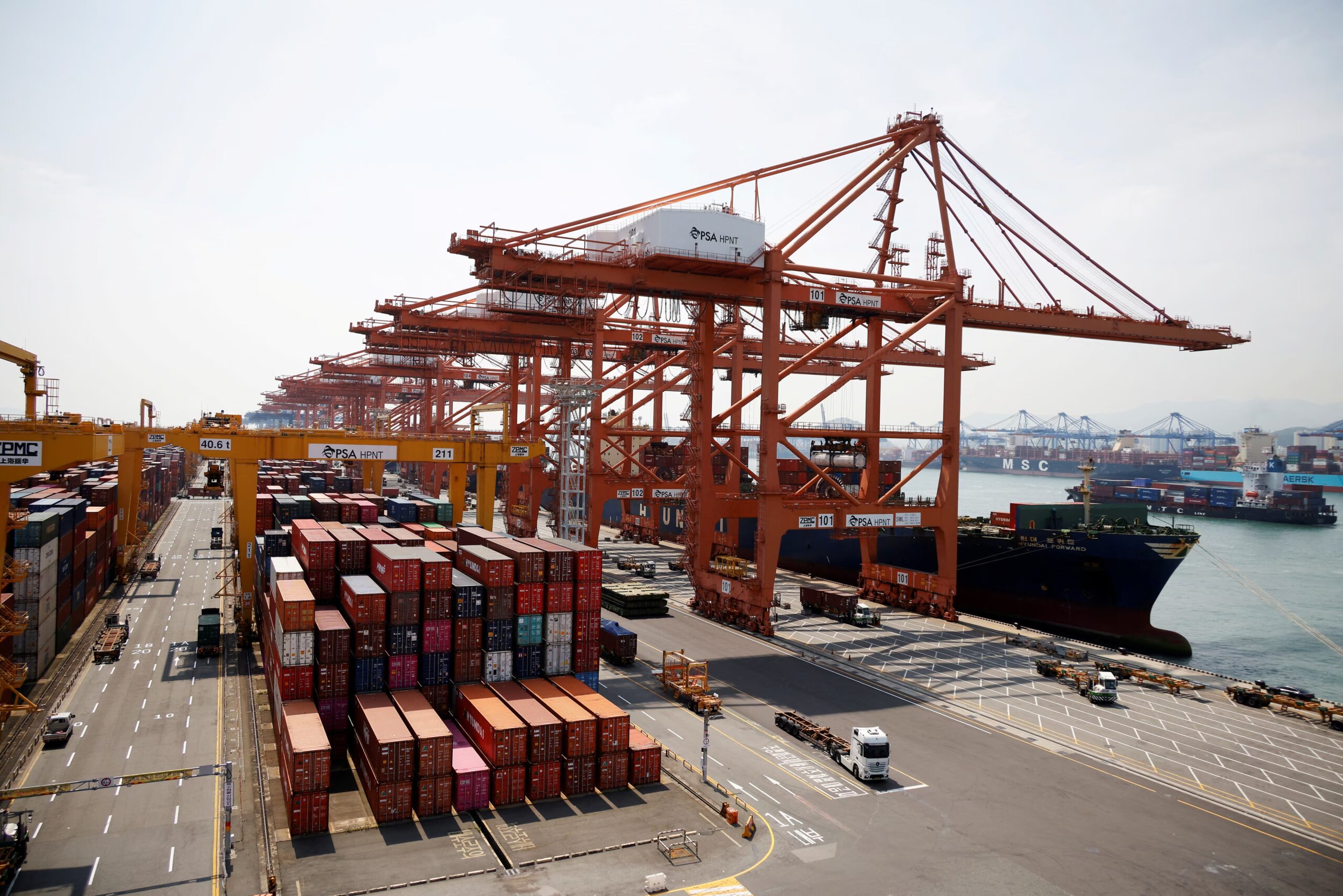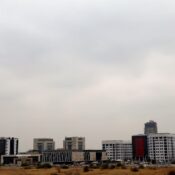
South Korea’s factory output drops again, and new orders drop the most in five years, according to the PMI
On Monday, a business survey showed that South Korea’s factories were less busy for the fourth month in a row in May. This was because weak local demand and U.S. tariffs hurt factory output the most, and overall orders fell at the fastest rate in five years.
A report from S&P Global shows that the Purchasing Managers Index (PMI) for makers in Asia’s fourth-largest economy went up from 47.5 in April to 47.7 in May.
Since February, the measure has stayed below 50, the level that separates growth from contraction.
An economist at S&P Global Market Intelligence named Usamah Bhatti said, “South Korea’s manufacturing sector came into May on shaky ground.”
“Firms often mentioned that the contraction was attributed to a continuing stagnation in the domestic economy, as well the continued impact of higher U.S. tariffs on the home market as well as on key export markets.”
The biggest drop in new orders since June 2020 happened, and the biggest drop in output happened in just over two and a half years.
South Korea’s already low demand has been made even worse by U.S. President Donald Trump’s global trade war and the country’s recent political unrest and wildfires that broke records.
The trade-dependent economy shrank more than expected in the first quarter, putting more pressure on officials to boost demand.
Thursday, the Bank of Korea cut interest rates for the fourth time in its current easing cycle. It also almost halved its economic outlook for this year, to 0.8%, just days before the presidential election on June 3. The bank said that the slowing building sector and U.S. tariff policy were to blame.
The PMI poll also showed that backlogs of work fell for the second month in a row, with the biggest drop in almost five years. This was because new orders were not coming in as quickly as they normally do.
On the good side, manufacturers became more positive after a short period of negativity in April. This was partly due to hopes that global trade tensions would ease.
But the level of trust was low, which showed that people were still worried about how tariffs would affect the economy.
All Categories
Recent Posts
Tags
+13162306000
zoneyetu@yahoo.com



